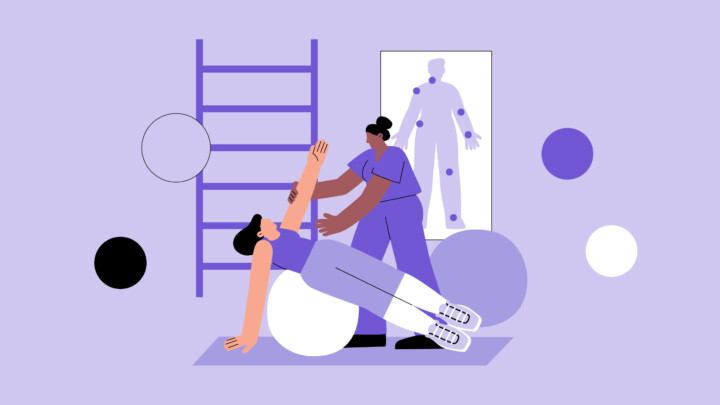
Between a rock and a hard place: New Sermo study shows that more than half of U.S. physicians are curtailing opioid prescriptions in light of opioid crisis
This week, Felice Freyer of The Boston Globe published an article on changes in prescribing practices in response to the opioid crisis that has killed thousands in the U.S. The article, titled “Doctors are cutting opioids, even if it harms patients,” largely drew on findings from a Sermo survey conducted in late December 2016.
The survey probed U.S. physicians’ attitudes toward opioids and chronic pain, particularly in light of the growing opioid crisis. With 91 American lives lost every day to prescription opioid overdose (CDC), physicians nationwide are cutting back on prescribing opioid pain medicine, as evidenced by Sermo’s survey results:
As addiction and its effects gain more attention, more than half of physicians across America are limiting opioid prescriptions, and nearly 1 in 10 have stopped prescribing the pain medication, according to our online survey of members. Those responding to the survey gave two main reasons for cutting back: the risks and hassles involved in prescribing opioids, and a better understanding of the drugs’ hazards. Just over half of all respondents had cut back on opioid prescribing within the past two years or so, while more than two-thirds of family medicine and internal medicine physicians had done so.
A little background
With the introduction of the concept of “pain as the 5th vital sign” in the 1990s, balancing pain management and addiction became significantly more difficult, according to doctors on Sermo. Pain – a concept that is completely subjective to the patient – means that a patient’s experience has begun to outweigh the medical knowledge of prescribing physicians, and it has made doctors’ jobs even more difficult. In another recent Sermo poll, more than 75% of US doctors who responded to the question “Do you believe that pain should be considered a vital sign?” answered “No.”
Policies that are perceived as pro-patient, like “pain as the 5th vital sign”, have, despite positive intentions, fostered the epidemic – and doctors are trying to respond responsibly. The study shows that physicians are departing from opioids, but they are left with concern about the impact on those legitimate pain sufferers who use opioids appropriately. More than one-third of the respondents said the reduction in prescribing has hurt patients with chronic pain. The percentage who believed patients had been hurt by reductions in prescribing was consistent among specialties: 36 percent of all specialties, 38 percent of family physicians and 34 percent of internists. Yet, nearly three-quarters of respondents believe chronic pain patients have adequate access to treatments other than opioids.
The role of a doctor
Doctors are between a rock and a hard place on this issue. The data shows that they are attempting to effect change through their behaviors but are not capable of fixing the epidemic – as Freyer details, there is no correlation between opioid prescription habits and rates of opioid overdose deaths. Take, for example, the state of Massachusetts, where doctors and nurse practitioners already prescribed less opioids than national rates and have made “even steeper cutbacks” in recent months, the state has “one of the highest rates of overdose deaths” and the rate of overdose deaths continues to increase, predominantly due to use of illicit drugs.
While doctors are changing their habits in light of the opioid crisis, they alone are not capable of addressing the problem – and in trying to respond, they face new troubles entirely. Physicians will continue to work on behalf of patients, and it is high time that the general public understands the nuance of the challenge that doctors are facing.
Sermo frequently taps into our global physician membership of more than 600,000 to conduct opinion surveys. For the Globe’s custom survey, nearly 3,000 U.S. physicians across 79 specialties replied. To learn more about Sermo’s polling offerings, visit: https://www.sermo.com/polls.
Are you a physician? Join Sermo or login to participate in discussions as well as surveys on topics like the opioid crisis.














